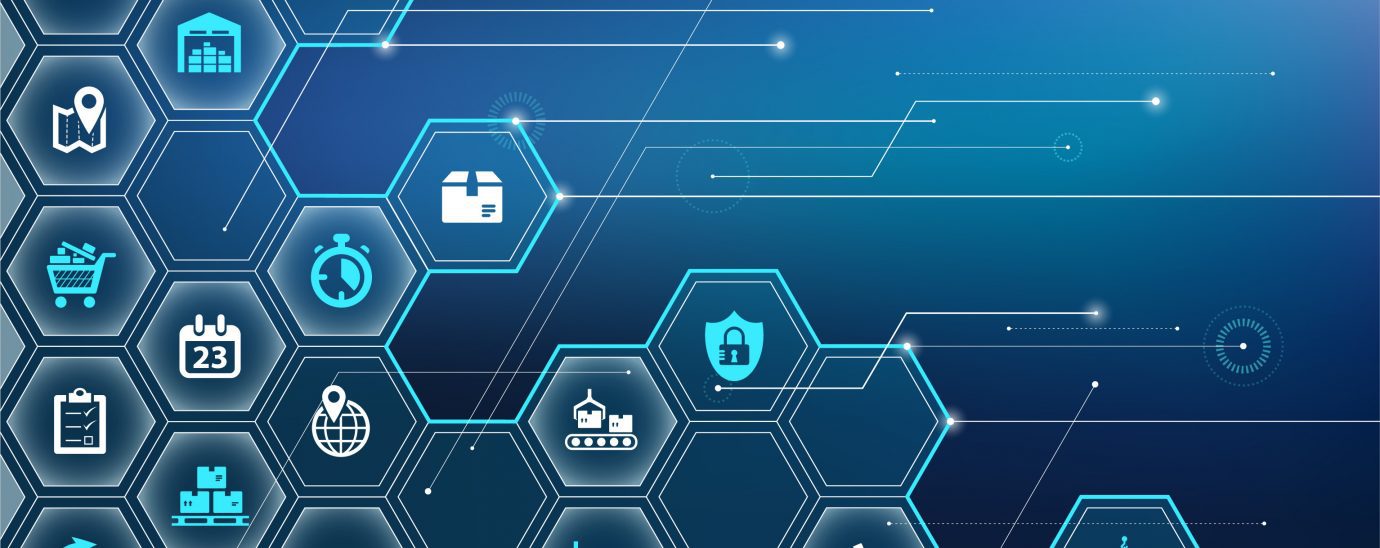The Future of Procurement: How Leaders Can Seize the Moment by Digitizing Procurement

Sourcing Industry Group and Globality released a new study looking at how leaders can seize the moment by digitizing procurement.
Sourcing Industry Group and Globality have released a new study that reveals nearly 95% of enterprises still have not modernized their operating models. Only 6% of leading companies have fully embraced digital transformation in the way they buy services in the £16trn global market, a new survey released today shows.
Simplifying the B2B sourcing process has become a priority for most organizations dealing with highly complex and unpredictable global value chains. As a result, companies are turning to innovative providers who, through AI-powered digitization, can remove said complexity and uncertainty to significantly shorten the timeline from “scoping a sourcing need to awarding the work” with maximum efficiency. As a result of these gains, procurement teams and related resources are free to focus on more high-value “strategic activities.
According to the SIG study, procurement leaders and practitioners who have digitized are already moving beyond traditional goals and focusing on improving the user experience and adding business value in areas such as corporate social responsibility and Environmental, Social and Governance (ESG). However, with 94% companies still only in early- to mid-stages of their transformation, there is still a lot of work to be done.
“Organizations who take proactive measures to transform their current procurement processes and operating models will enjoy considerable competitive advantage in a rapidly changing market, both now and well into the future,” said Dawn Tiura, SIG Chief Executive Officer. “This study illustrates how companies further along that journey are able to focus on high-profile goals and initiatives such as supplier diversity and corporate social responsibility.”
Due to the Covid-19 pandemic, McKinsey reported that companies have at least recognized the strategic importance of their supply chain. In response, many organizations have “accelerated their adoption of digital technologies for customer and supply-chain interactions by three to four years.”In other words, we are likely to see a steady and certain upward spike of organizations digitizing their value chains in the coming months and years. As demonstrated by the chart below, this greater sense of urgency will be seen across the board, with 69% of SIG survey respondents indicating that they are either “proceeding as planned” or are now “accelerating”their digitization initiatives.
The survey questioned more than 120 global procurement leaders, with 84% of respondents at the director level or above. The industries represented ranged from arts and entertainment to manufacturing, finance and insurance. More than half of the respondents were responsible for procurement spend in North America, and more than 40% were accountable for global spending.
Globality’s Platform and Marketplace is used by leading global companies, including British Telecom, Santander, HSBC and GEA, to transform the sourcing of high-value services by automating demand creation, supplier identification, proposal evaluation, and the statement of work creation process through an intuitive self-service experience.
“The average Global 2000 company spends over £4bn a year on services, and all of it can be spent smarter and better,” said Keith Hausmann, Globality’s Chief Revenue Officer. “These findings highlight the need for companies to utilize the sophisticated, AI-powered technology that now exists to enable fair, competitive, and sustainable self-serve sourcing.”
“Through digital transformation, procurement can create far more impact on a company’s profitability, as well as help enable its ESG agenda,” he added.
READ MORE:
- How can technology help manage the new world of external talent?
- Why business leaders must add software due diligence to their investment arsenal
- Struggling with ROI in AI? A Lesson in Scale from AI Leaders
About Globality
Globality is a Silicon Valley-headquartered technology company co-founded by Joel Hyatt and Lior Delgo to revolutionize how companies buy and sell services. Through its AI-powered Platform and marketplace, Globality is bringing digital transformation to the sourcing industry. Globality’s AI digital solution replaces the archaic analog Request for Proposal, efficiently and effectively scoping needs, managing demand, matching companies with outstanding suppliers that meet their specific service needs and cutting the sourcing process from months to hours while delivering savings of 20% or more. In January 2021, Globality raised US$138mn from Sienna Capital and the SoftBank Vision Fund, bringing the total investment it has raised since its founding six years ago to US$310mn.
About Sourcing Industry Group
Sourcing Industry Group (SIG) is the premier global association for sourcing, procurement and risk professionals. Founded in 1991, SIG provides thought leadership, networking and training opportunities to executives in sourcing, procurement, and outsourcing from Fortune 500 and Global 1000 companies. It has served these professionals and opened dialogues with their counterparts in finance, HR, risk and other business functions throughout its history. The organization is unique in that it blends practitioners, service providers and advisory firms in a non-commercial environment. With a 75:25 ratio of buy-side to sell-side, and over 68% of delegates holding decision-making titles, SIG events are collegial, memorable and senior-level.
For more news from Top Business Tech, don’t forget to subscribe to our daily bulletin!
